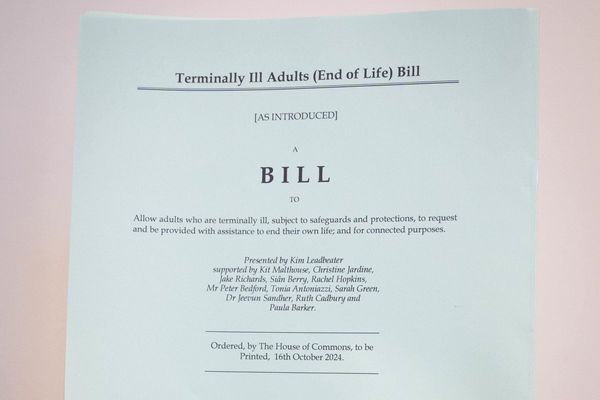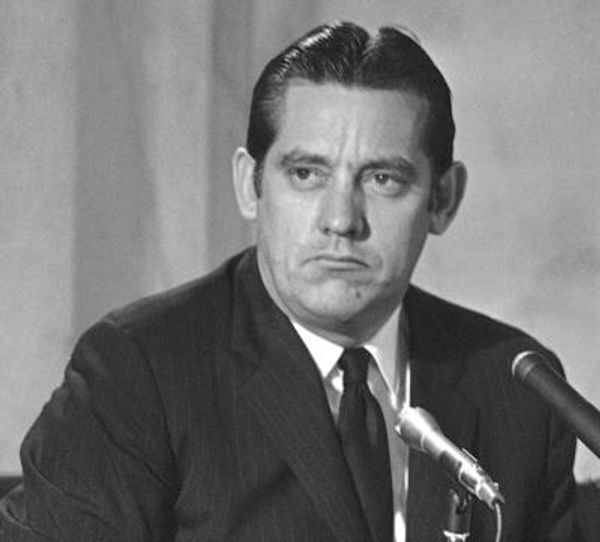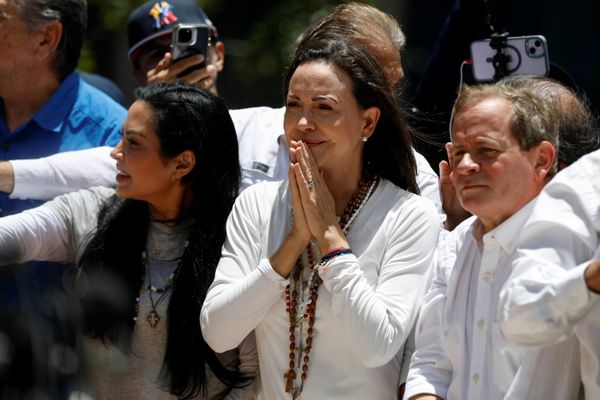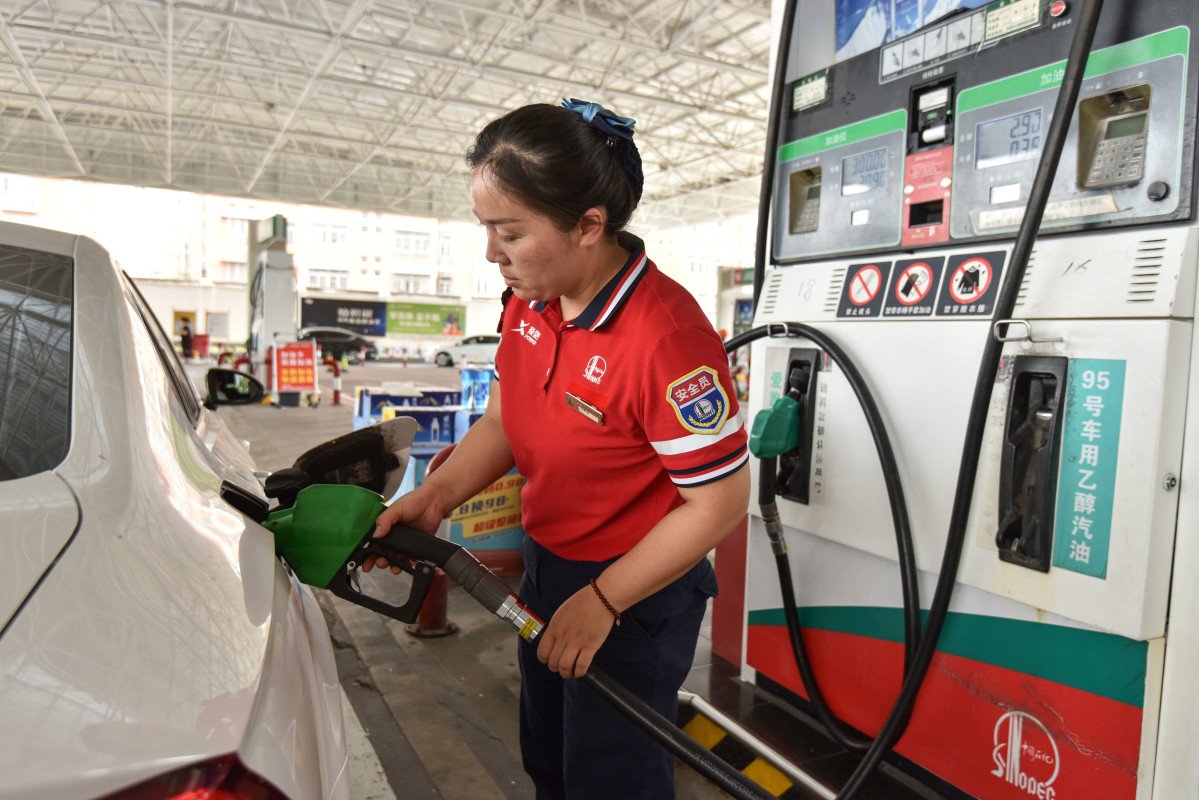
Despite former president and presumptive Republican presidential nominee Donald Trump's objections to it, the adoption of electric vehicles by the greater American public is becoming an issue that goes beyond politics.
According to a new lawsuit filed against the government, a coalition of industry advocates alleges that the government's proposals will force automakers into selling EVs, without any choice for the customer.
Related: Toyota chairman narrowly escapes controversial challenge
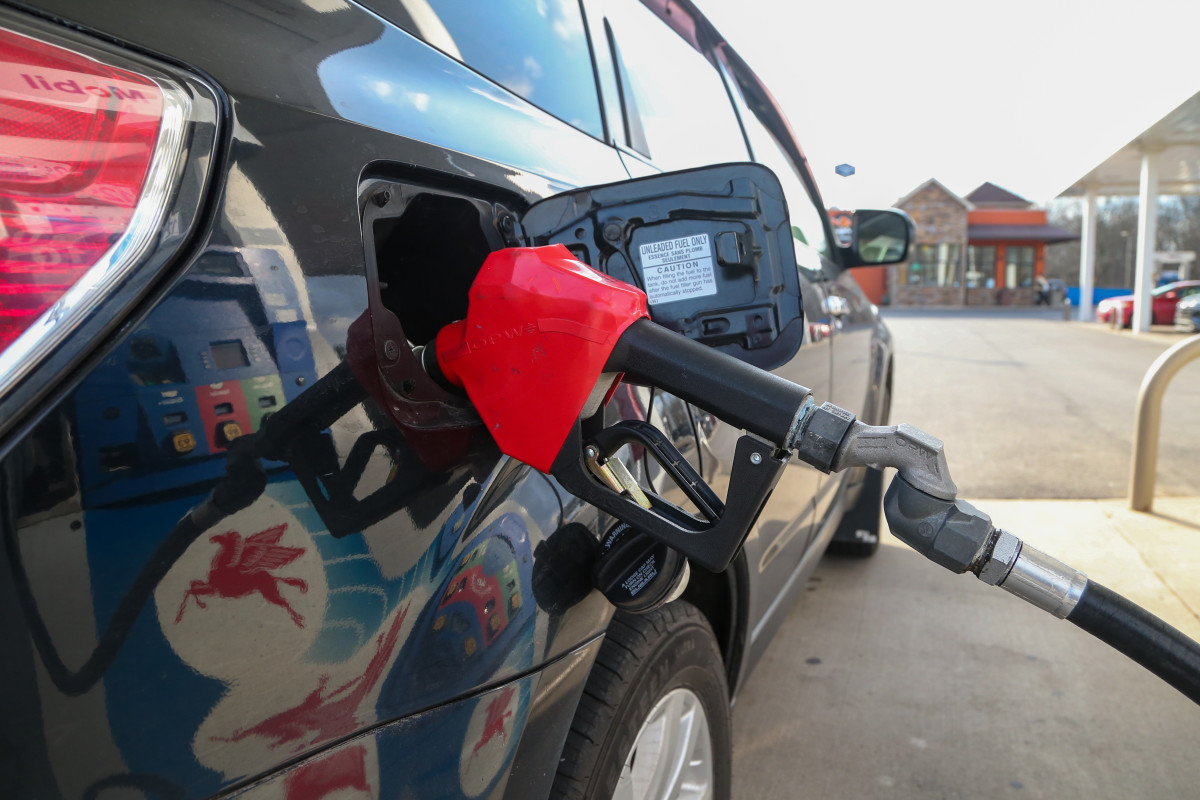
In documents filed in the D.C. Circuit of the U.S. Court of Appeals, the American Petroleum Institute, the National Corn Growers Association and a coalition of auto dealers, fuel marketers and convenience store owners claim that the demand for fuels like gasoline and ethanol, will fall once Biden administration EPA regulations come into effect.
In its revised rules that were unveiled in March, automakers are subjected to much looser rules in comparison to the proposed 2023 rulings. Under the new rules, the administration is targeting at least 56% of new vehicle sales to be EVs by 2032, a figure reduced from nearly two-thirds the precious year.
Despite the change, the ones filing the suit allege that automakers are put into a corner, as the only way for complying with the EPA's ruling would be to switch to a lineup of pure-electric cars, which would deprive customers of choice and decrease the demand for fuels like gasoline, diesel and ethanol-based fuels.
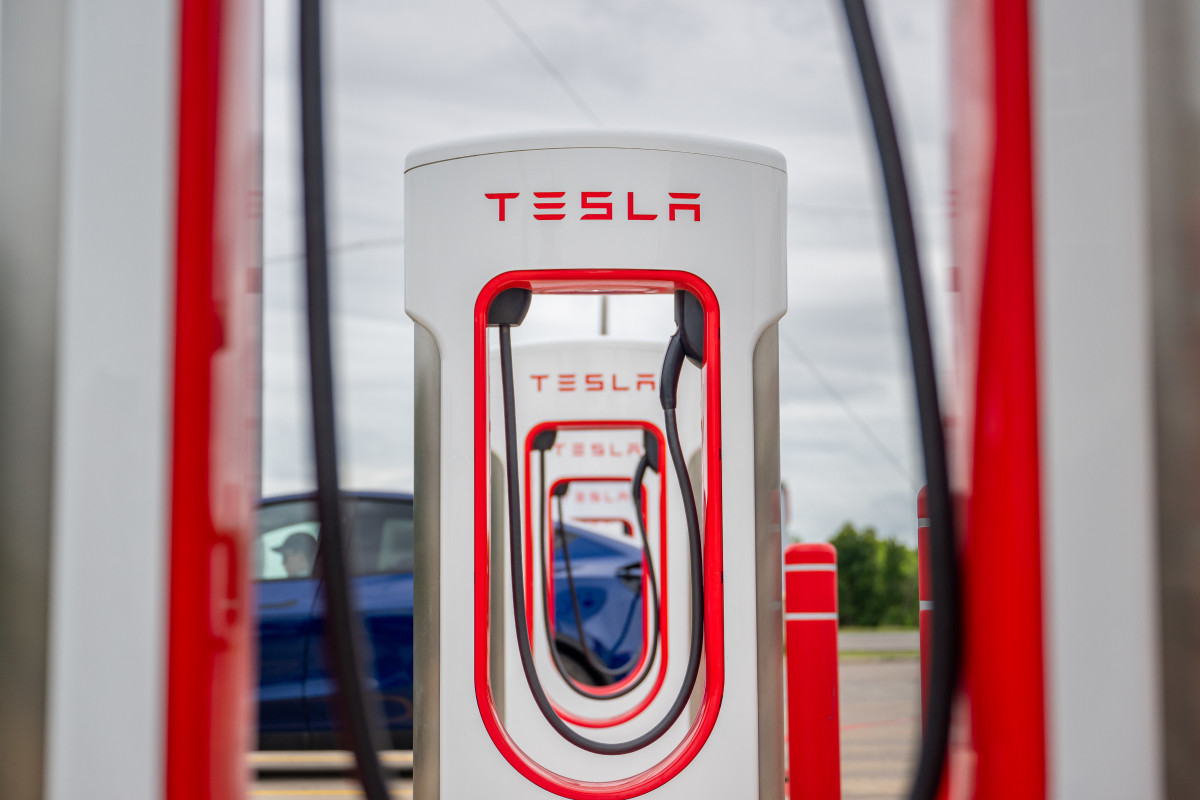
Additionally, they also find that the EPA is grossly overlooking how electricity to charge up EVs is actually generated, as well as the environmental impact of actually making such cars.
“Congress has not authorized EPA to effectively ban the sale of new gas and diesel cars and overhaul the US economy in such a major way,” Chet Thompson, president of the American Fuel and Petrochemical Manufacturers Association, told Bloomberg.
Additionally, Geoff Cooper, president of the Renewable Fuels Association; a trade association representing America's ethanol industry, argued that the EPA's standards overlook "the ability of low-carbon, high-octane renewable fuels like ethanol."
In its revised rules, the EPA is aiming for an average of 85 grams of CO2 per mile by 2032 for light-duty vehicles like cars, and 274 grams of CO2 per mile for medium-duty vehicles like small commercial vans and trucks. These targets are based on fleet averages, which account for a combination of EVs and gas powered cars being sold by automakers.
More Business of EVs:
- New study suggests EVs are supercharging an impending environmental crisis
- GM President has bold plans for an iconic sports car's EV resurrection
- Ford CEO says this iconic model will "never" be an EV
Related: President Biden's EV 'mandate' is Trump's latest political boogeyman
A multi-pronged approach
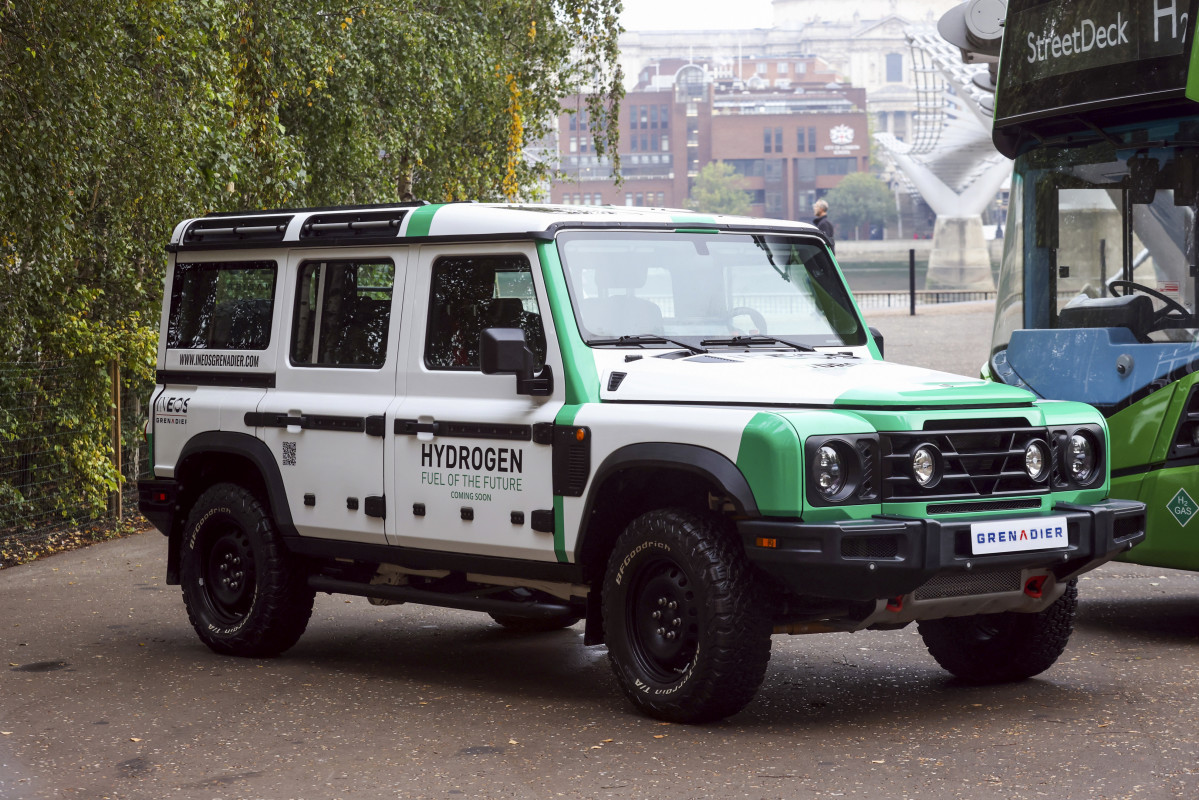
Auto figureheads like Toyota's (TM) Akio Toyoda have argued that carbon neutrality will be hard to achieve because of the various different needs of consumers around the world, stating that electric cars will only top out at 30% of market share in a statement in January 2024.
However, another figurehead has recently echoed similar sentiment. At a conference in Frankfurt, Germany hosted by Automotive News Europe, Ineos Automotive chief executive Lynn Calder noted that Ineos is championing a "rational approach" toward electrification.
As the makers of a big, 4x4 off-roader named the Grenadier, the automotive arm of the British chemical company realizes that a "a multifold set of technologies” is needed to achieve emissions targets and that customer's choices will ultimately dictate the way forward.
“Nobody has asked the drivers what they want. If the customer does not want to drive it, if it does not fit into the driver’s life, it will fail. If we do not think about the grid and how we are going to actually fund it, it will fail,” Calder told Automotive News. “If we do not think about where the electricity is coming from, then it will fail.”
Related: Veteran fund manager picks favorite stocks for 2024

